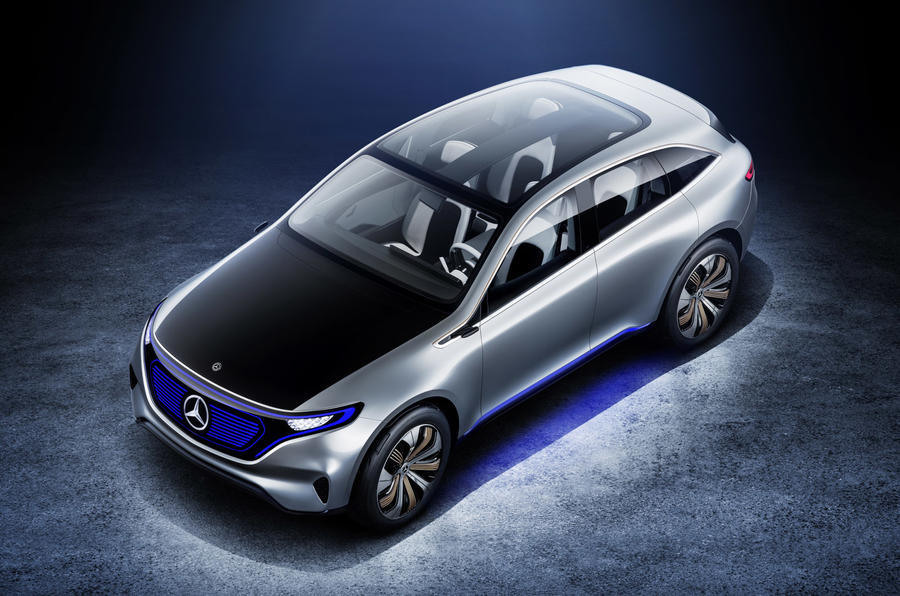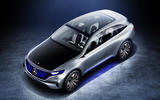The move to electrified cars over the next decade or two, spelled out more clearly than ever before at this year’s Frankfurt motor show, will have interesting and possibly unimagined side-effects. That’s according to two of Europe’s most influential car company leaders, Daimler’s Dieter Zetsche and PSA chief Carlos Tavares.
Zetsche made it clear that the scale of investment needed to launch a range of electric cars won’t result in much payback in the early years, making life very difficult for those without the deep pockets needed to sustain such a project.
“We believe the contribution to profits made by electric cars in the early years could be up to 50% less than for conventional models,” he told reporters. “For us this is sustainable because these cars have less in-house content than conventional models. And we’ve put aside €4.0 billion [£3.6bn] to cater for the effects of this.
“Most people agree that when battery costs fall to around €100 [£90] per kilowatt, as is predicted around 2025, they will have reached cost parity with today’s conventional cars. At that stage, we estimate the proportion of full electric cars will be 15 to 25% of the total number of cars we make. But there are no guarantees attached to these figures – far from it – so being flexible is the best way to address the problem.”
Tavares, meanwhile, sees potential problems for governments across the globe who have driven the move into low carbon vehicles by dictating its means of propulsion – electrification.
“We have moved from a technology-neutral approach to one where governments have begun to forbid the use of internal combustion engines,” he said. “We are instructed to go electric. It’s no longer my decision, it’s their decision. My job is to transform the business, to retrain people and retrain them.
“That puts the responsibility for consequences – maybe for future energy supply or environmental effects – in the hands of governments. If there’s any problem, the responsibility is in their hands. We’ve moved from a situation where we met as equals to one where they have given the instruction. We’re fine with that – we can make it happen – but the governments must understand they have new responsibilities.”













Join the debate
Add your comment
The real reason
The real reason is that it will spell the end for "private cars" and will be the dawn of the "private/state owned bus" because with it will come automation and standardization and the "car" will be an on demand service.
Hydrogen Cars Are The Future
And Always Will Be.
He's right of course
Government should specify the goals but not the means, but they always think they know best. This "electric or else" diktat is just the latest. Do you remember what happened a few years ago? Manufacturers were working to improve emissions and then suddenly governments dictated that catalysts were the only answer. All other technological options were lost. It seems to me that we could see promising tech such as hydrogen and fuel cells doomed in the same way.
Auto manufacturers are free
Auto manufacturers are free to use any means to produce electric cars.....
However governments who's scientific advisors are on possession of calculators have pretty much ruled out fuel cells because they are a terrible idea, the hydrogen is produced either with fossil fuels or with vast amounts of energy.
For those also on possession of calculators the amount of time it took them to realise fuel cells were a terrible idea was frustrating!